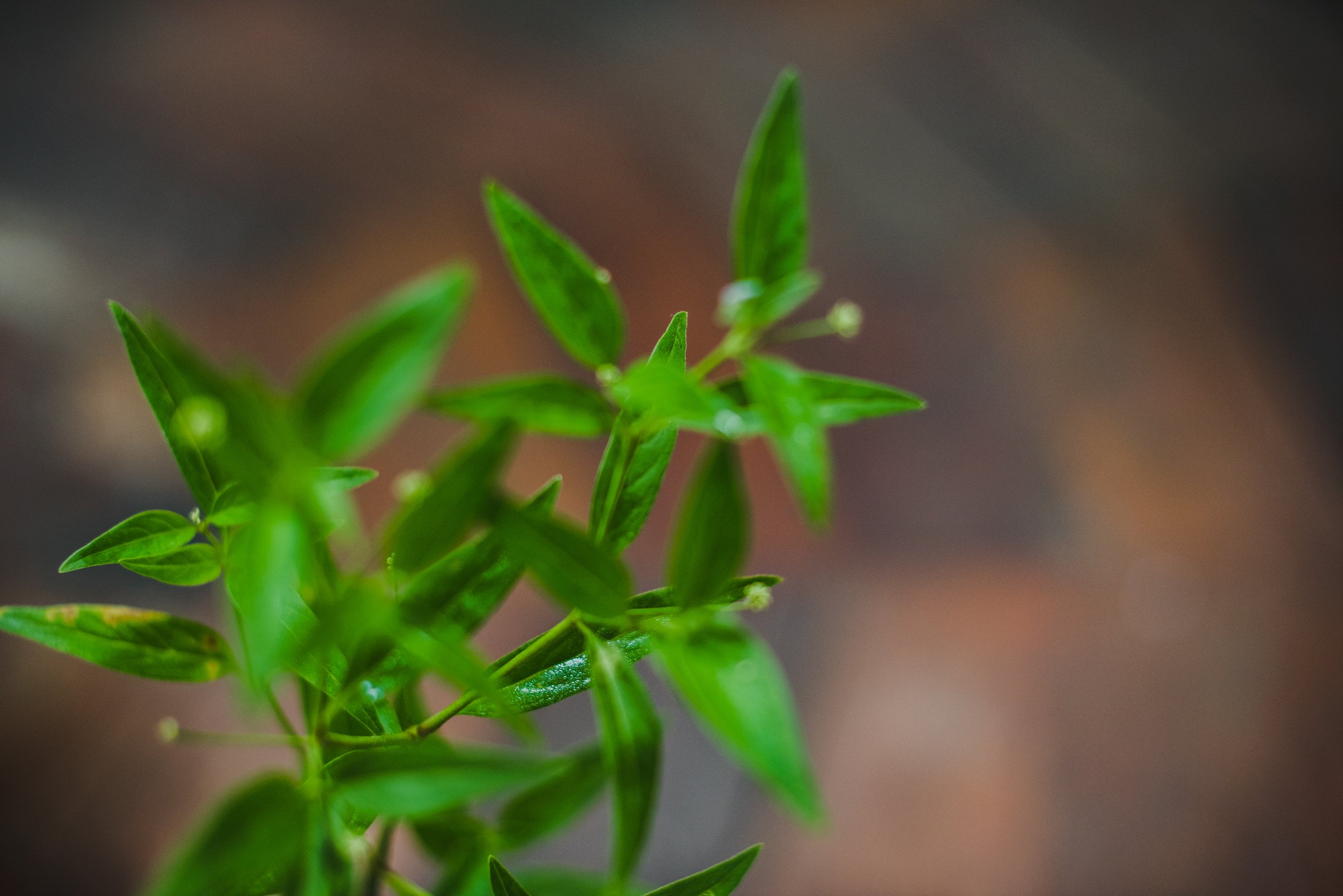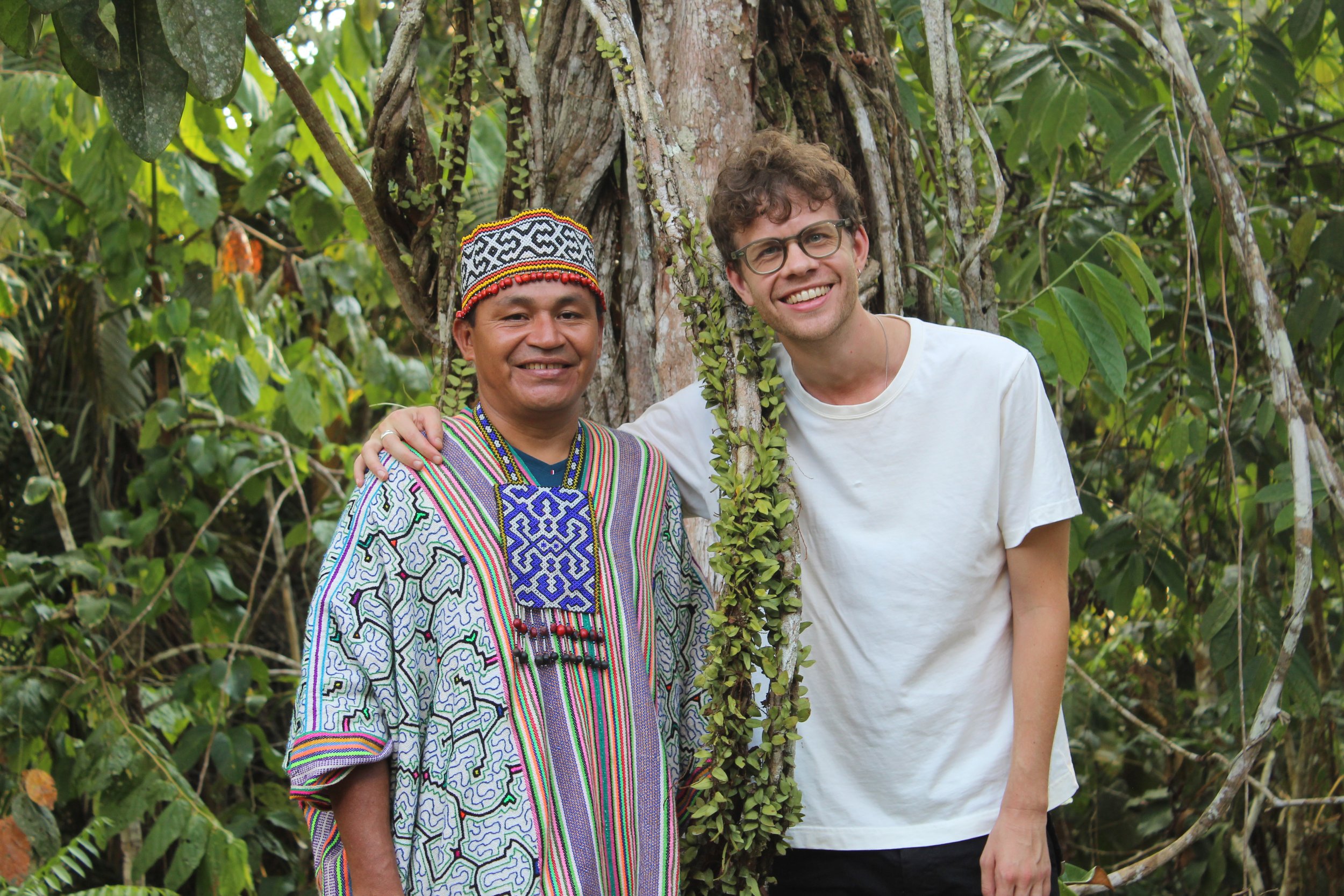“Partnership with Indigenous communities works best when researchers develop long-lasting relationships, leading to an appreciation of the skills, challenges and aspirations of Indigenous peoples. This in turn facilitates the integration of Indigenous wisdom in research question development.”
Reciprocity is an Indigenous concept expressed across cultures. Roughly equating to the Quechua term “ayni”, it refers to notions of balance and harmony. As we continue to learn from Indigenous elders, whether as healers or through research, embodying this concept in its full sense is crucial to respectful and harmonious relationships.
There are numerous factors to consider if seeking to advance this work in an ethical way, which respects traditional knowledge and genuine reciprocity.
Reciprocity is interwoven into Dr Ruffell’s work using a three-tiered approach:
-
Engagement with local Indigenous communities
Dr Ruffell and Onaya Science created the Shamanic Advisory Board as a platform for traditional healers to advise on the scientific research they feel should be conducted. The board is comprised of Indigenous members, as well as a range of individuals who have dedicated their lives to learning about and translating Indigenous knowledge.
The team aims to uphold the Indigenous voice at each step of the research process, from the inception of research questions and areas of study, to the development of the instruments and metrics used to quantify change in the research, as well as how the findings are analysed, interpreted, and disseminated.
-

Supporting Indigenous communities globally
Dr Ruffell and Onaya Science support the Chacruna Institute and International Center for Ethnobotanical Education, Research, and Service (ICEERS) both financially and through research activities, such as by contributing articles, providing lectures, and referencing and disseminating each other’s work in a range of capacities.
-

Biodiversity/rainforest protection support
Dr Ruffell and Onaya Science support Regenerative Agroforestry Impact Network (RAIN), an organisation that works to restore forests via a network of local projects reforesting, regenerating and rewilding degraded land. They work in partnership with rural co-operatives and urban associations in Brazil and beyond, linking them with individuals, businesses, and schools abroad. RAIN support locally run initiatives that change lives while supporting biodiversity, hydrological systems, and food security.

“By having an understanding of plants such as ayahuasca from both an Indigenous and a Western viewpoint - getting a sense of how these ways of thinking work together and where they don’t - perhaps we will come to a richer understanding of what the Shipibo healers refer to as plant teachers.”
— Dr Simon Ruffell

